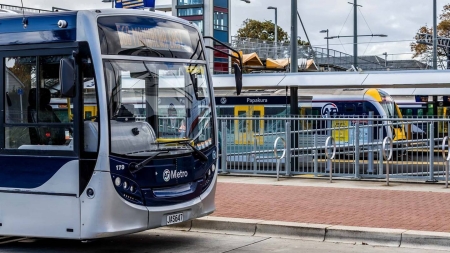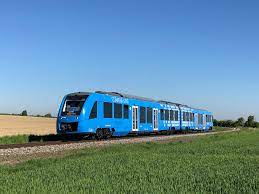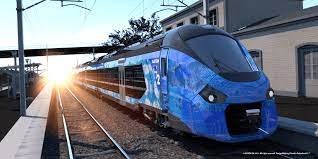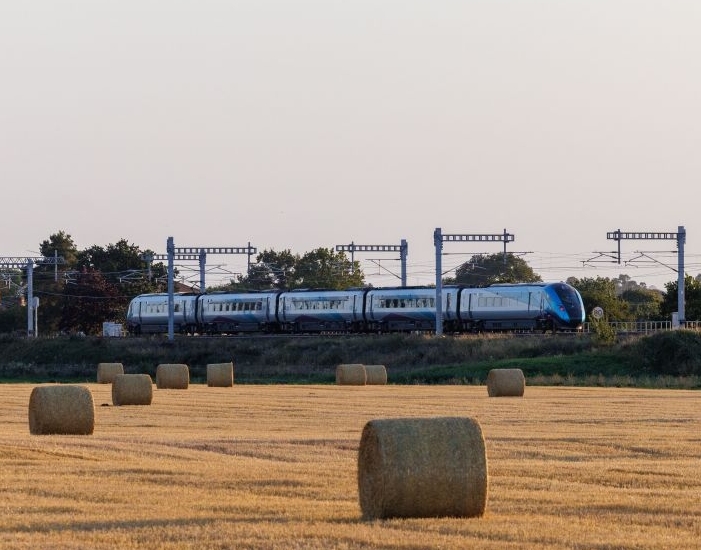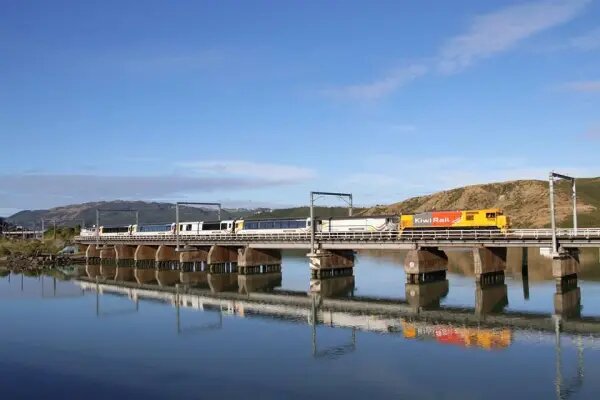Opinion by Stuff's Forever Projects and Climate Reporter Olivia Wannan - The Government cut public transport fares in half for three months, at the same time it reduced excise tax on petrol by 25 cents a litre.
The policy was celebrated by transport activists, including Free Fares – which is campaigning for Community Service Card-holders, tertiary students and under-25s to travel fare-free.
Hana Pilkinton-Ching, of Free Fares, said the results of the trial so far showed that when public transport was more affordable, people used it more frequently. “This doesn’t just reduce emissions, it also addresses transport poverty,” Pilkinton-Ching said.
With the half-price fares offered from the start of April, the public transport policy will expire at the end of June. However, the Government strongly hinted the fate of half-priced fares would be unveiled in May, at or around the time of the Budget.
But yesterday’s plan made little mention of the idea. There was a non-specific pledge to “work with local government to make public transport more affordable, with a particular focus on low-income users”.
University of Auckland environmental health expert Kirsty Wild was surprised by the omission. The current scheme has boosted passenger numbers, which had fallen due to the pandemic. “It’s been a really positive move.”
It’s possible the policy has been held back until Budget Day, on Thursday.
“I would love to see it in there,” Wild said. “It just seems like a real win-win for everyone, and gave people a bit of hope that win-win solutions are possible on climate.”
The Government already allocates money each year to public transport. It was set to spend $390m on public transport services and improvements in 2021/22. This is captured in the Transport portfolio.
The half-priced policy was estimated to cost another $25m to $40m, over the three-month span. Using the upper estimate, half-priced fares over the four years of the first carbon budget could cost an extra $640m – roughly what the Government had set aside to help businesses purchase lower-emissions boilers.
The estimates were based on historic passenger numbers, including during pandemic years. Advocates hope the policy would increase passenger numbers. The more effective it is, the more the policy will cost, particularly if additional passengers mean extra services are required.
Fares in New Zealand are comparatively expensive, compared to overseas, Wild said.
Reduced fares would help to ensure the transition was equitable, and could have a greater reach than the EV proposals, she added. “Petrol’s going to get more and more expensive. Lower and middle-income people – who use public transport more when you reduce fares – are particularly going to benefit.”
For further reading of Stuff's Forever Projects and Climate Reporter Olivia Wannan 'The surprising omissions from the Government's climate plan' article.
The opinion article on publictransportforum.nz is for the promotion of better sustainable environmentally friendly public transport in Aotearoa New Zealand.
